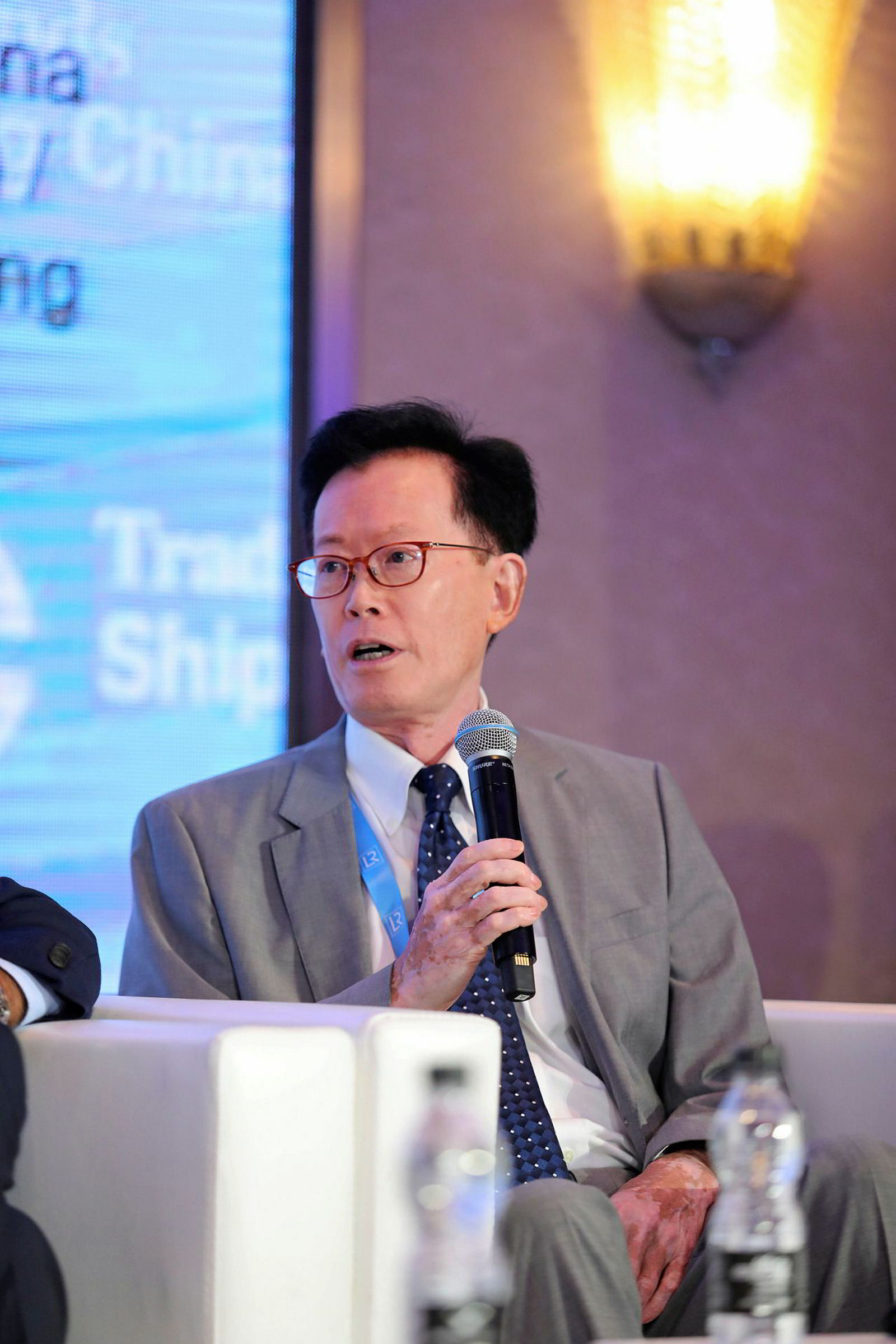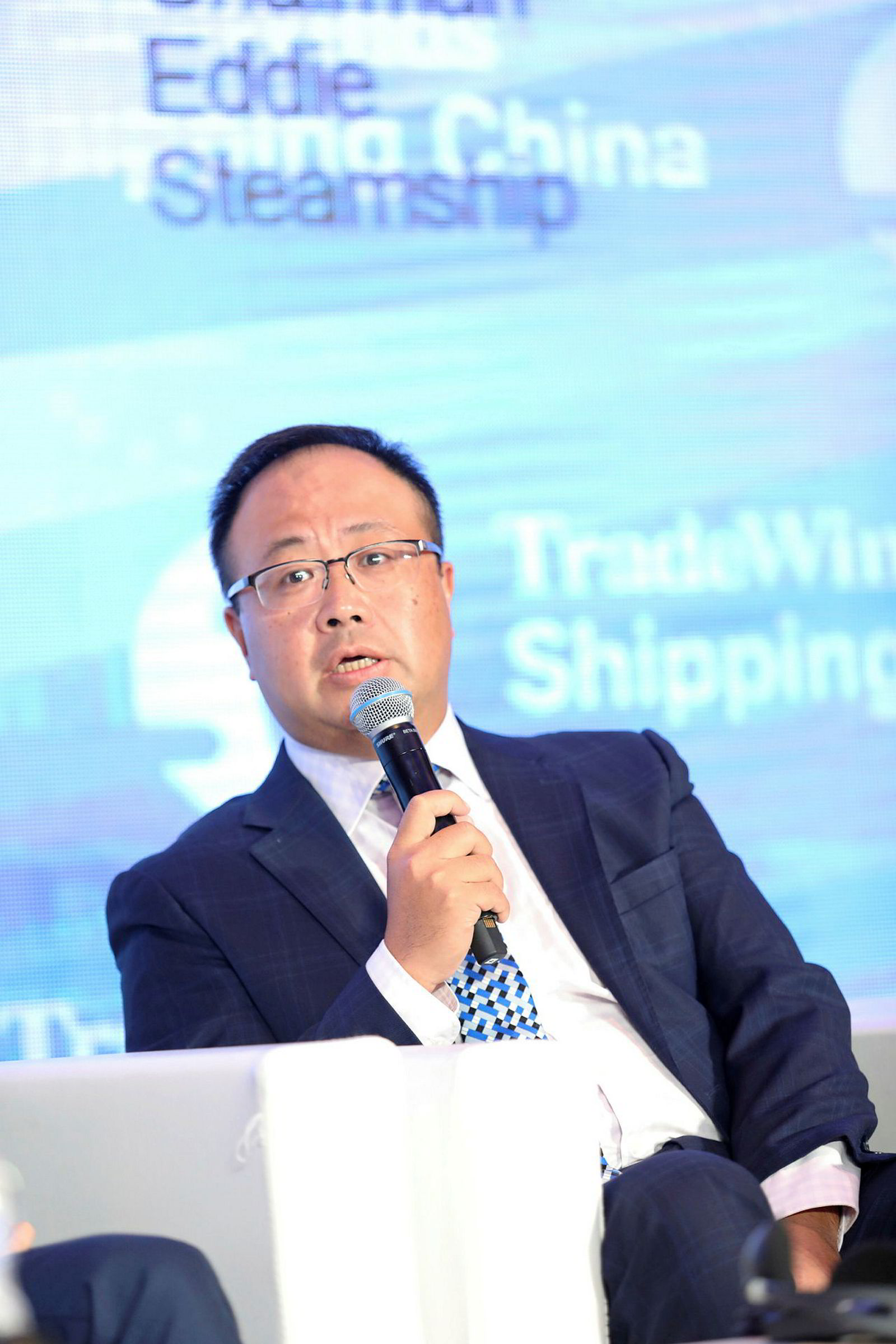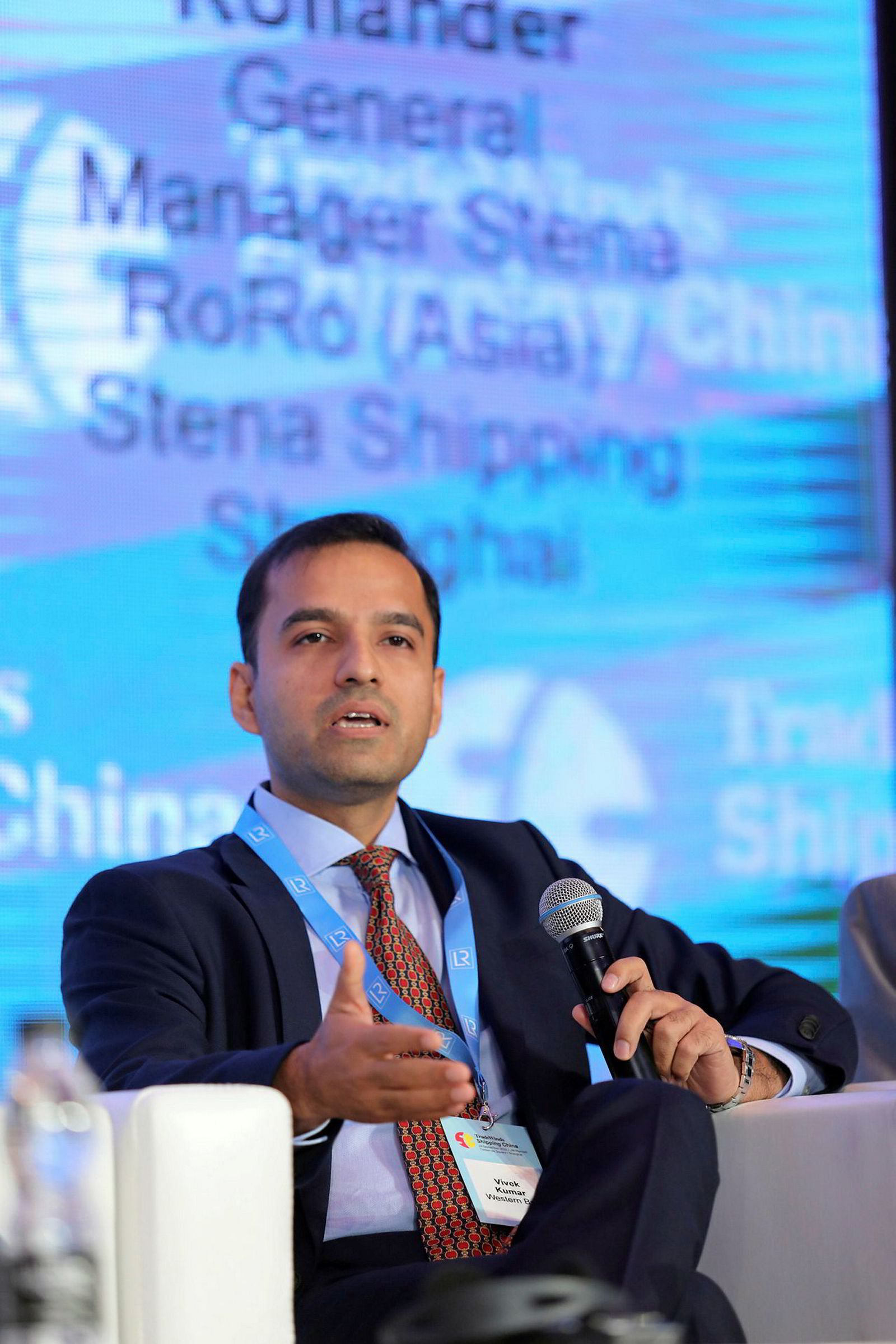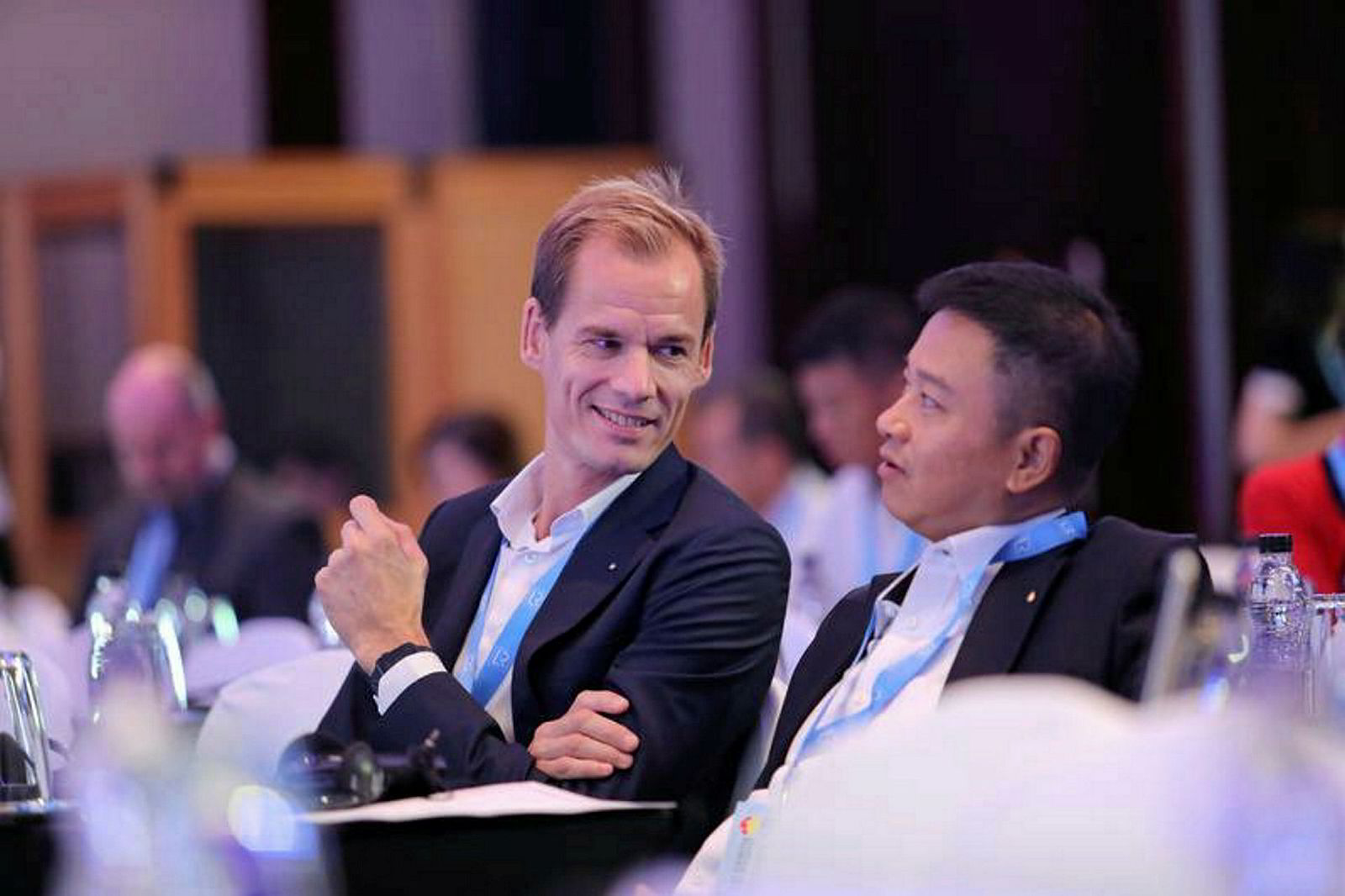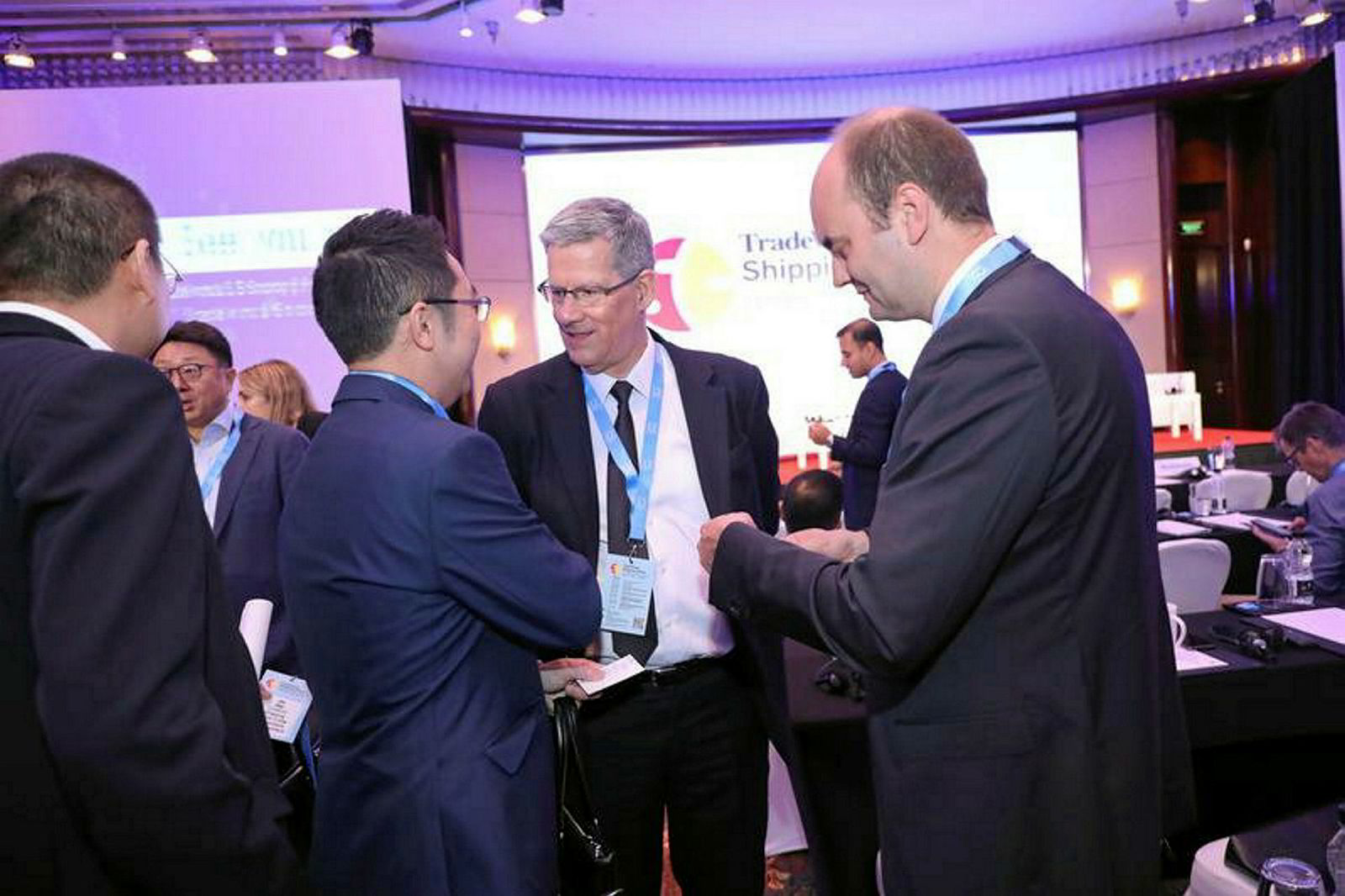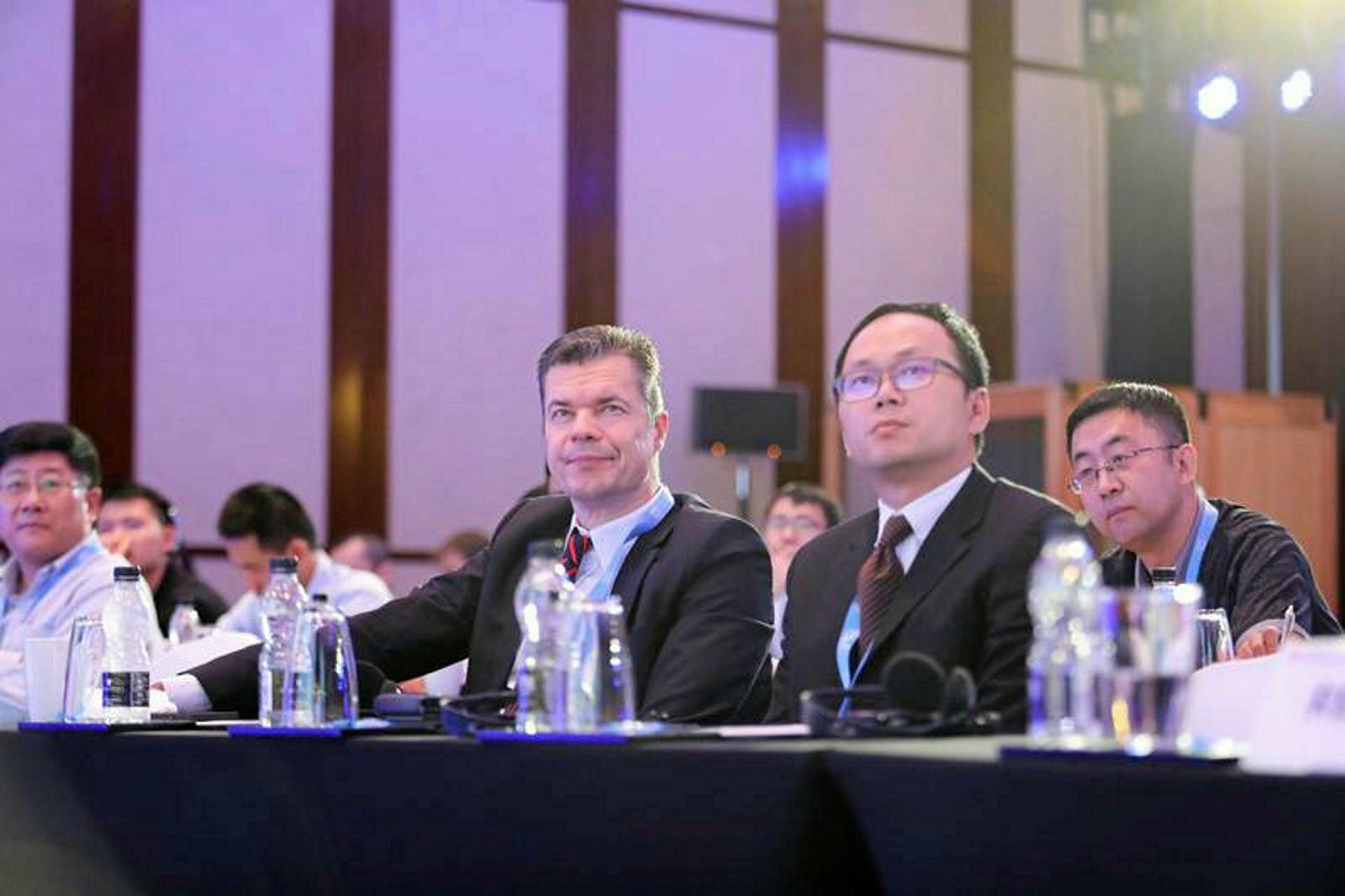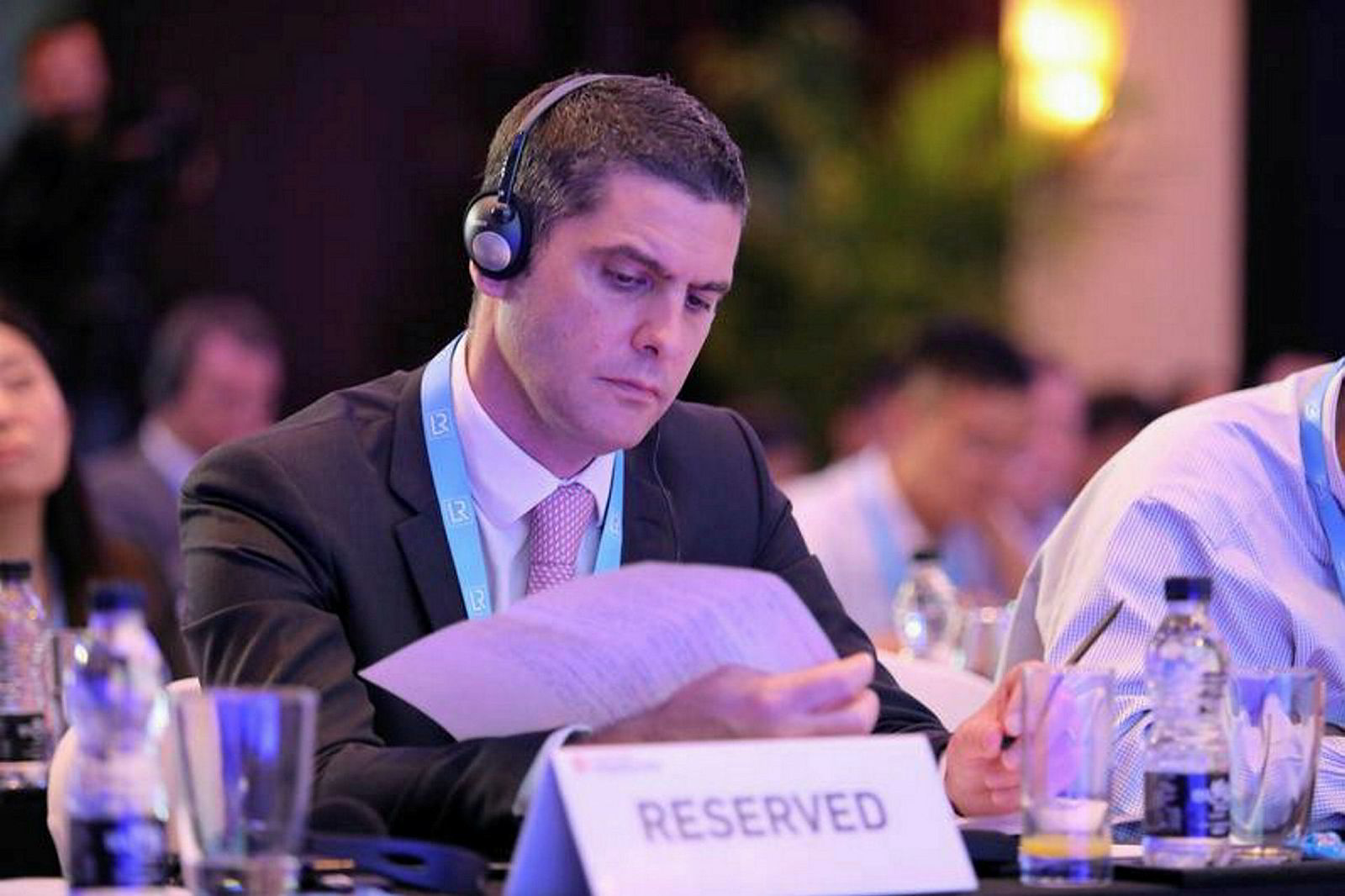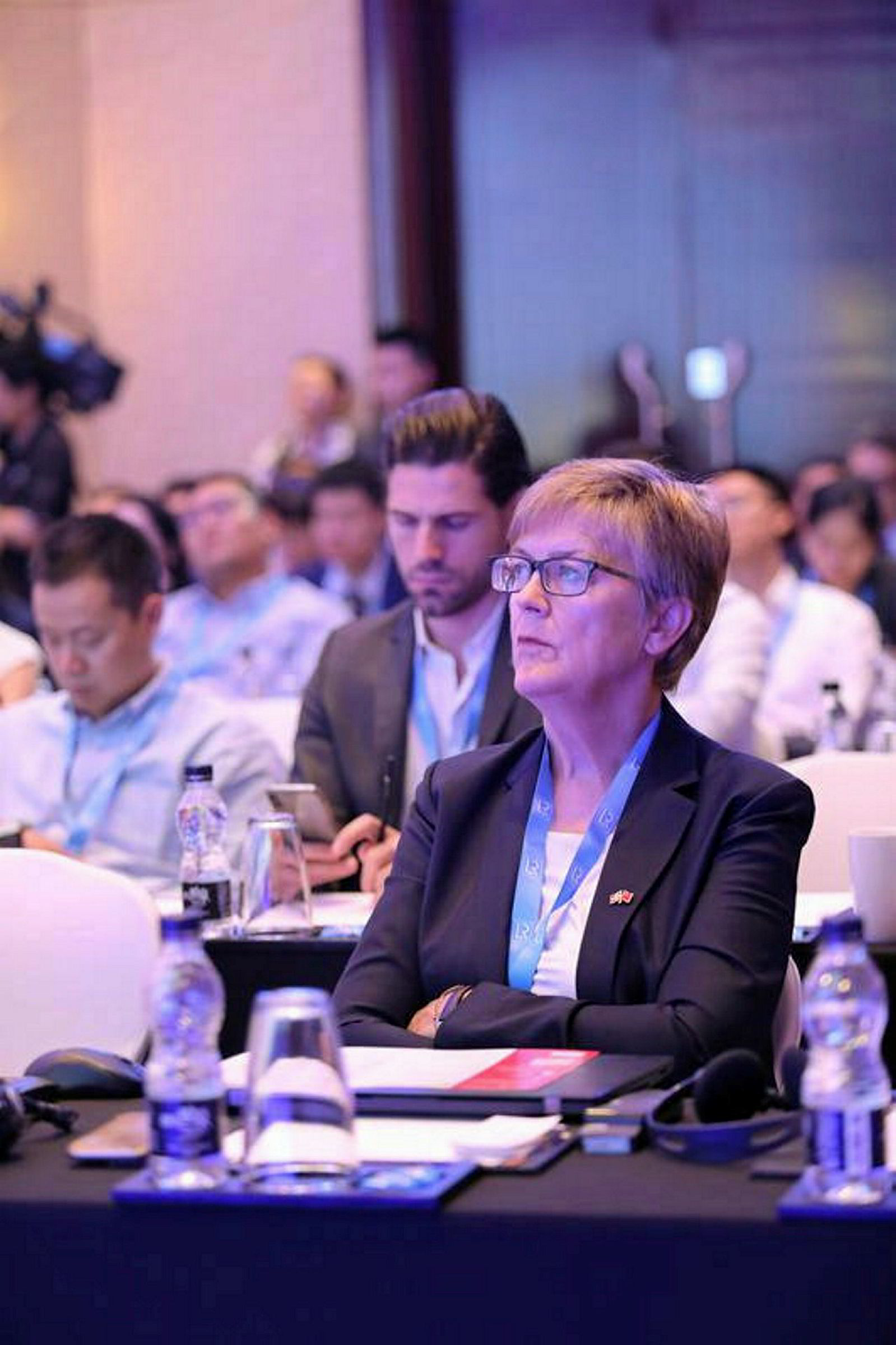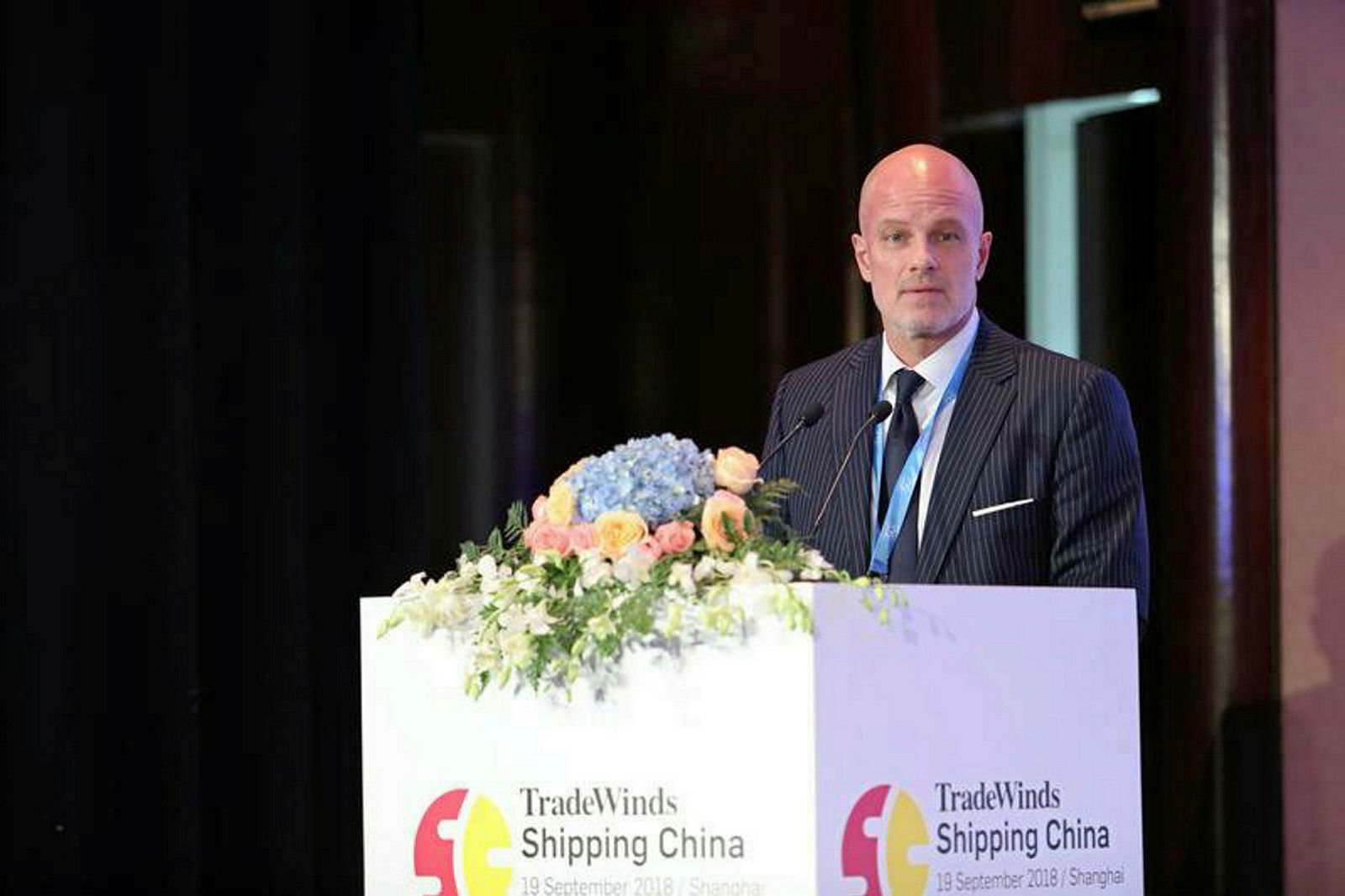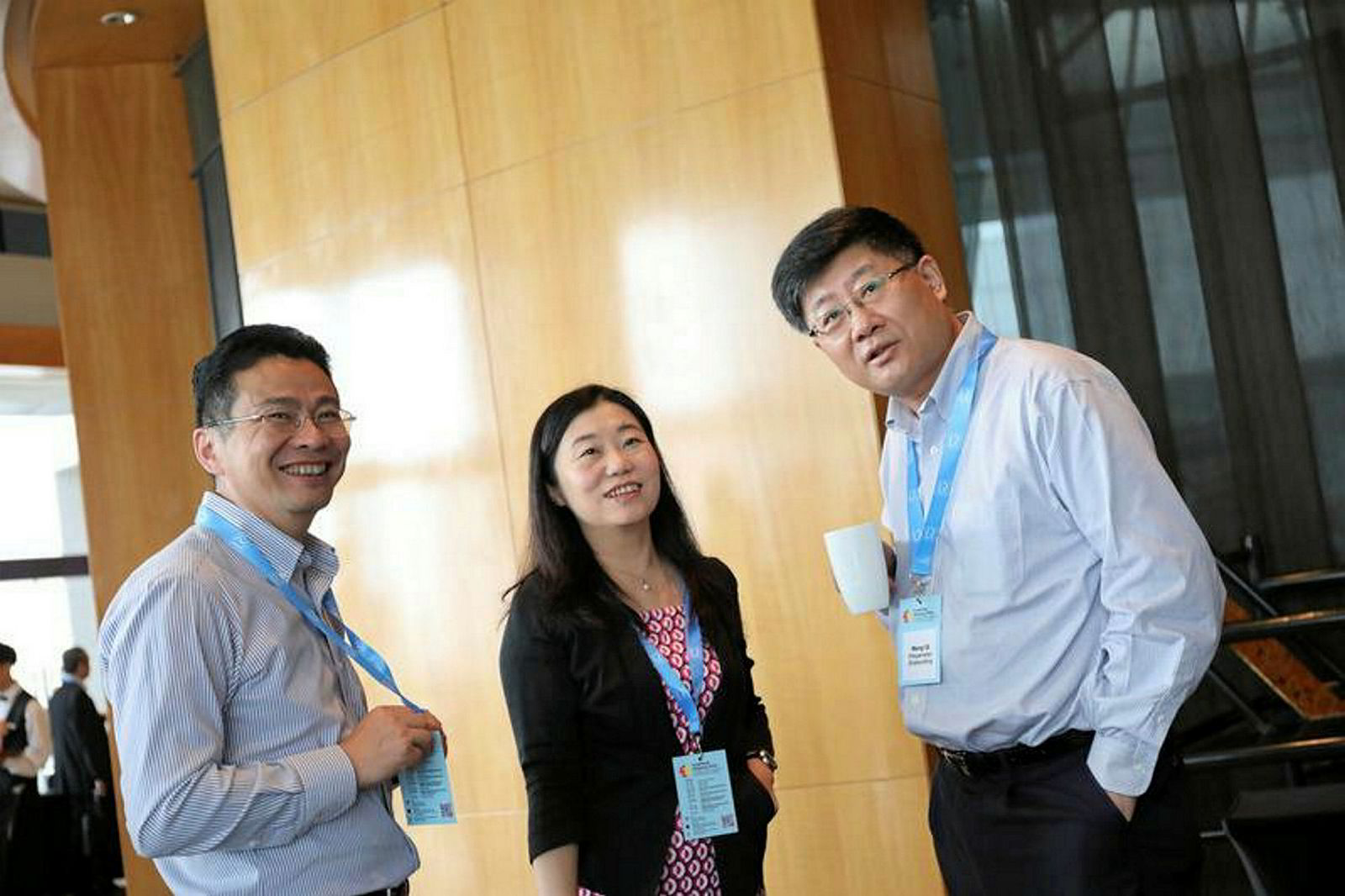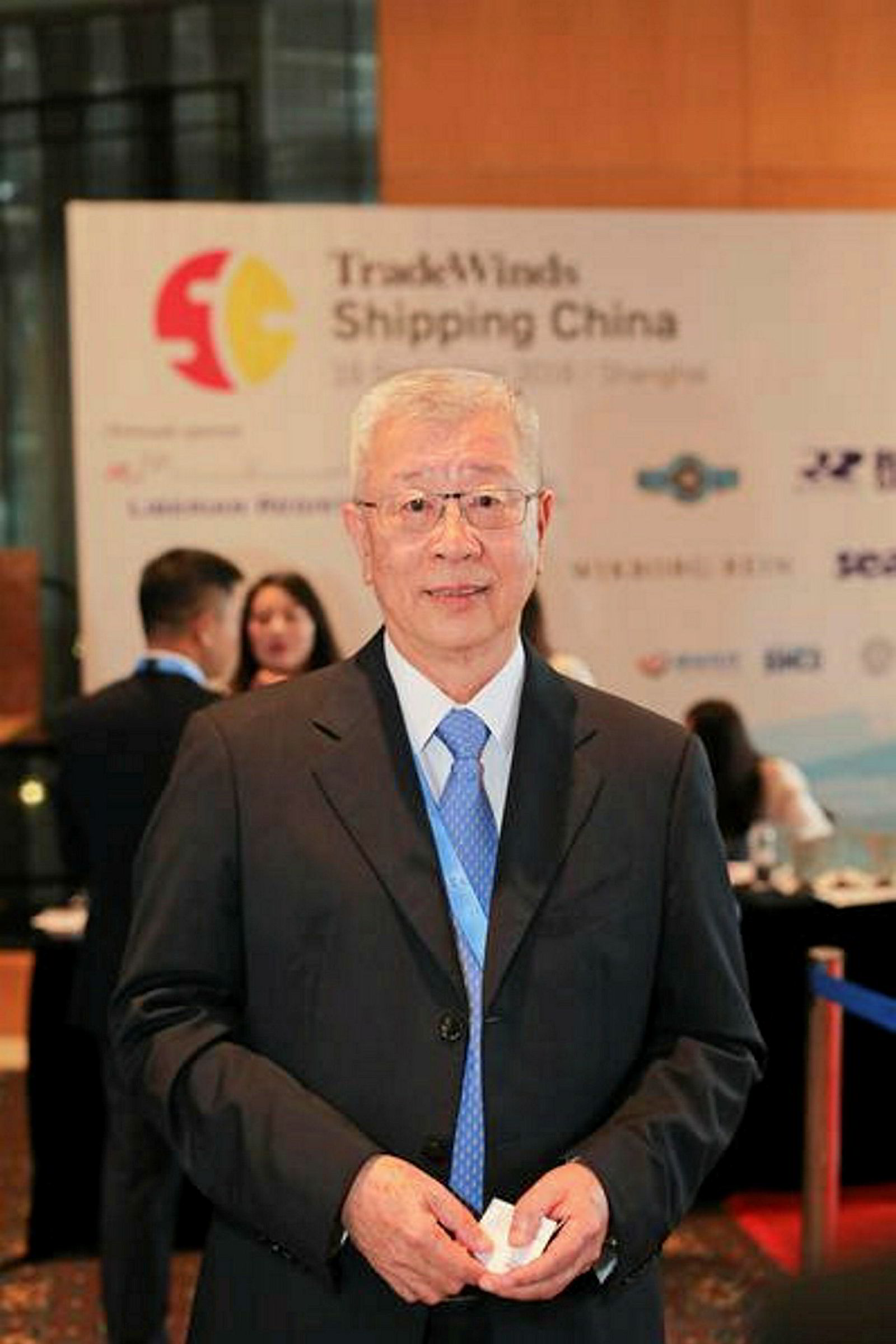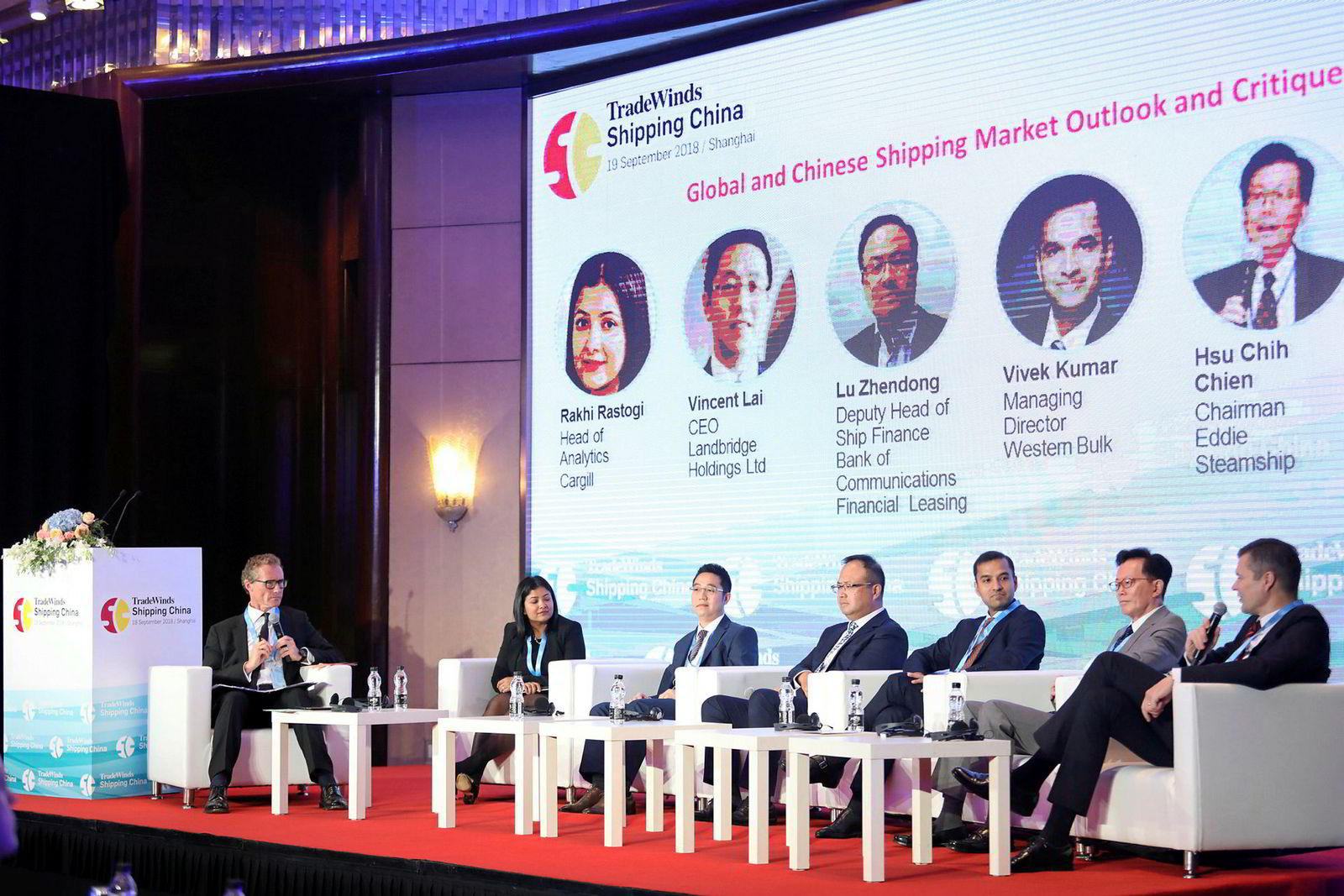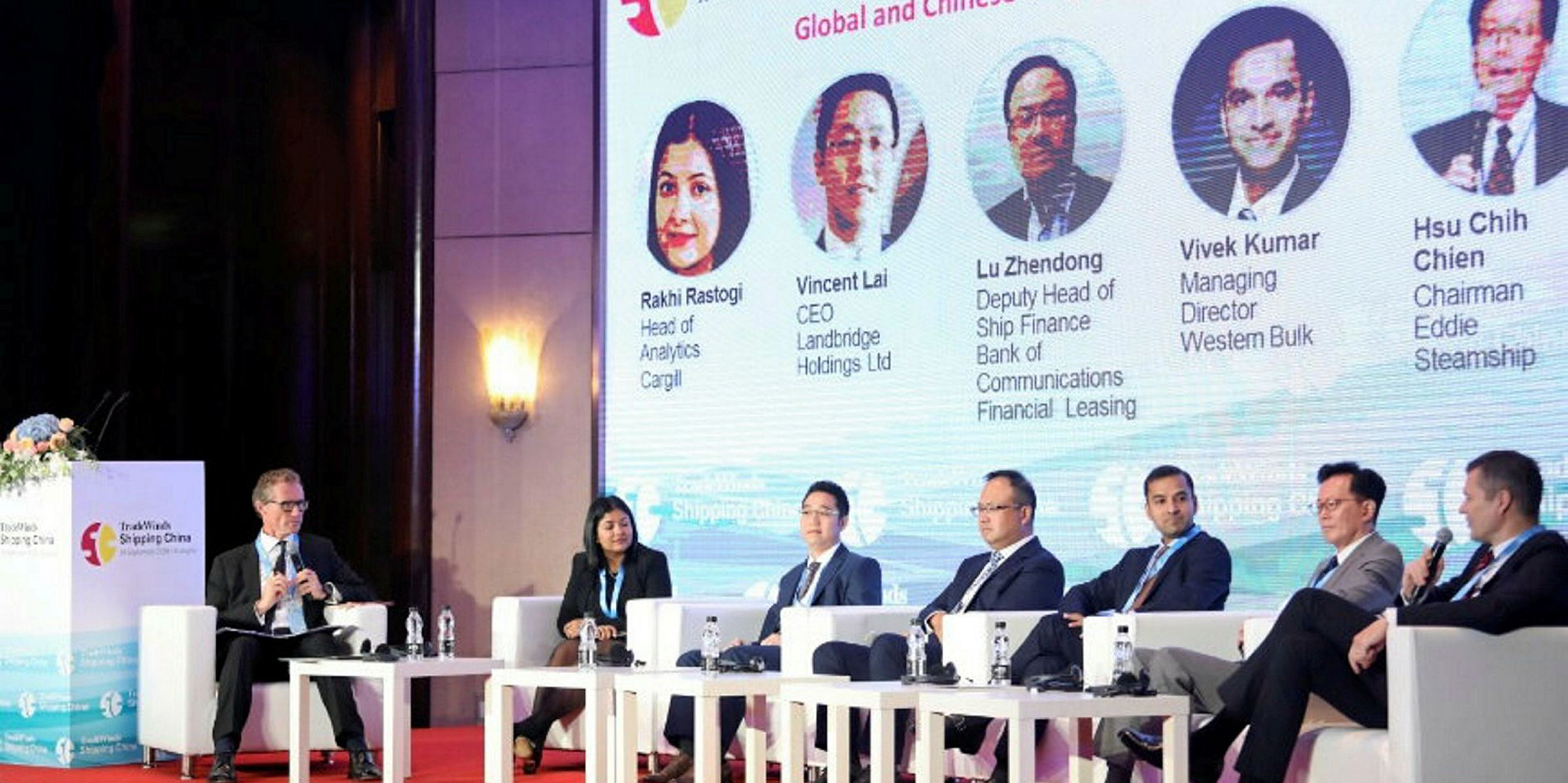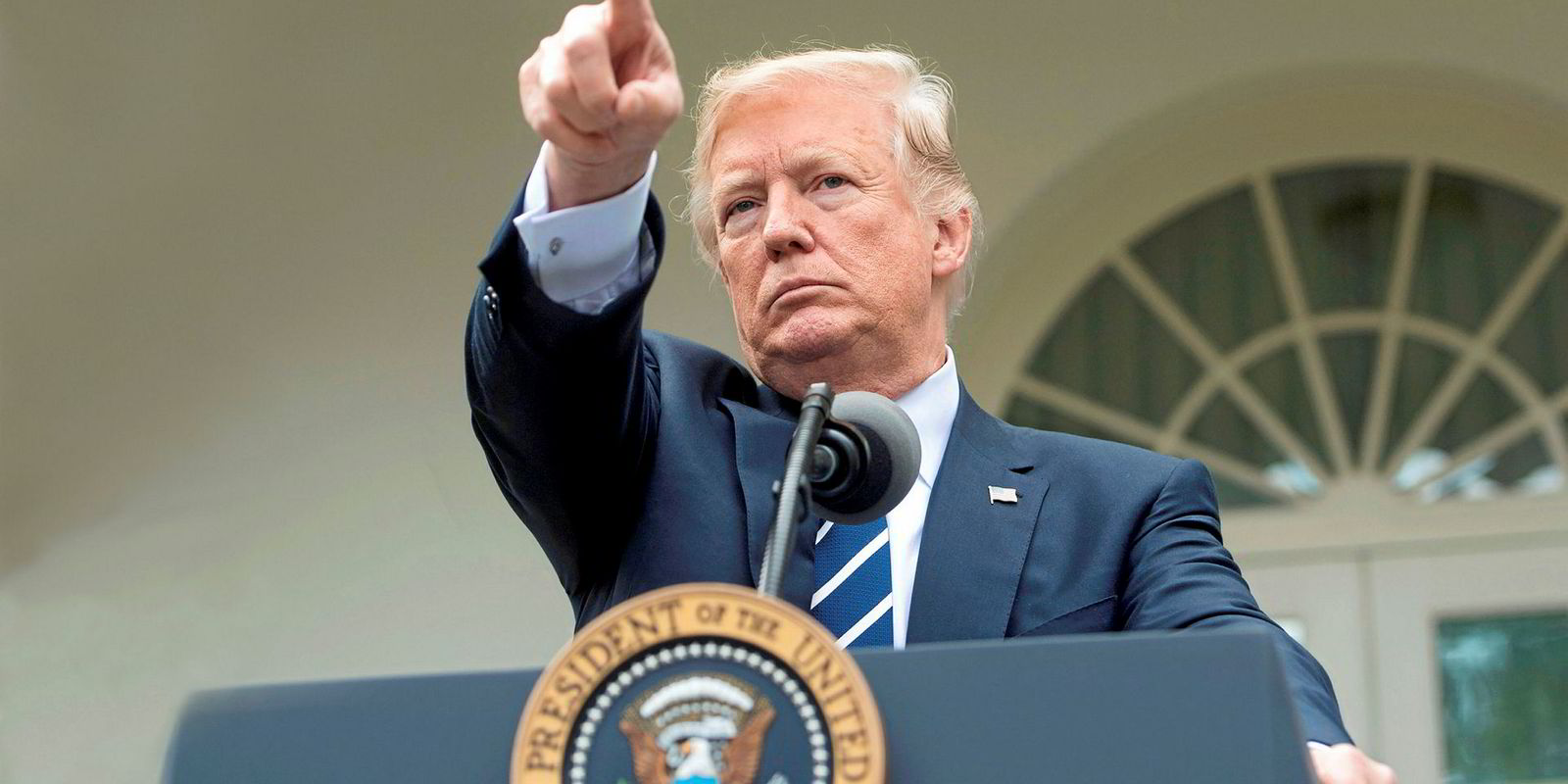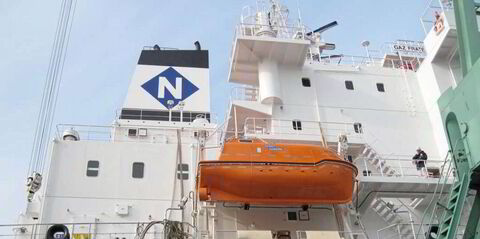The US-China trade spat was among the key topics of discussion at last week’s TradeWinds China Shipping Conference in Shanghai.
However, panellists were mostly relaxed about the trade war’s impact.
Western Bulk Pte managing director Vivek Kumar said the volume of cargoes would not change, although, he added, shifting trade patterns could impact tonne miles.
Vincent Lai, chief executive of Chinese shipowner Landbridge Holdings, said he thinks the shipping industry may actually benefit from the trade tension.
And Bank of Communications Financing Leasing (Bocom FL) deputy head of ship finance Lu Zhendong told the forum that to date he has not seen more than a 2% reduction in trade flows due to US tariffs.
But he agreed that trade patterns will change in the long term.
“Japanese companies have shifted their manufacturing plants from China to other South East Asian countries,” Lu said.
“Intra-Asia trade will be increasing due to the changes in trade patterns,” he added.
Market consolidation
The trend for consolidation among shipping companies was also discussed, with Bocom FL’s Lu saying banks prefer large organisations as they offer benefits in the form of synergies and the ability to spread risk.
Stena Shipping’s John Kollander added that large companies can reap economies of scale and secure financing more easily.
However, Western Bulk Pte’s Kumar cautioned that when a company grows large, it becomes more exposed to market changes.
Eddie Steamship chairman Hsu Chih-Chien said: “Even the biggest player may get into severe problems, as it cannot go against market forces. Sometimes, I feel a small company is more nimble and can find a niche market.”
